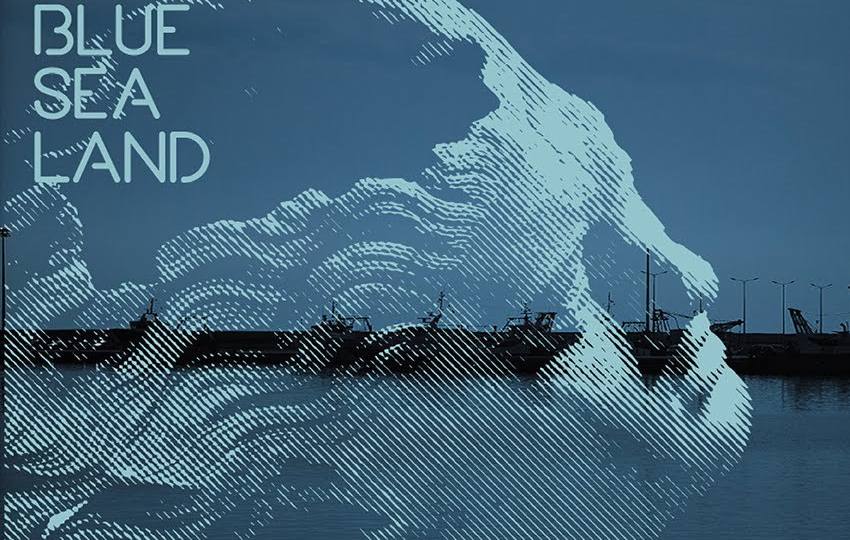The 9th Edition of Blue Sea Land takes place from 22nd to the 25th of October 2020. Blue Sea Land is a strategic cooperation between Mediterranean, African and Middle East clusters. Moreover, the objective is to strengthen diplomatic, scientific and economic cooperation. Finally, the focus is on the Mediterranean region but reaches as far as countries bordering the Indian ocean.
For safety reasons, this year’s events will be virtual for the first time. However, the digitalization of the conference makes participation in various event easier and promotes digital interaction. The participants can attend events that include distinguished academics, economists and diplomats. Moreover, businesses will network through scheduled economic and commercial cooperation meetings. The aim to create a network to share know-how, experiences and bring solutions to issues.
HELIOS Project
HELIOS is a European funded project under the umbrella of ENI CBC Med. This is the largest Cross-Border Cooperation (CBC) initiative implemented by the EU under the European Neighborhood Instrument (ENI) and includes 14 coastal Mediterranean countries. The hub’s objective is to promote economic and social development and address common challenges in the environment.
A common Mediterranean challenge is the high rates of NEETs (not in education, employment, or training) and the skills mismatch. HELIOS project proposes the reform of curricula to include skills courses focusing on the Blue and Circular Economy (BaCE). The BaCE sector was identified as having the greatest potential for regenerative economic growth among NEETs in the region. The proposed training involves soft skills coaching, mentorship and the creation of e-learning tools and methodologies.
The Contribution of Institute of Entrepreneurship Development
To begin with, cultivating the ideas of circular economy and innovation from an early age will lead to increased employability and social inclusion. The concept of economic circularity contrasts the linear economy, which is based on the “take, make, dispose” production model.
iED believes that certain identified characteristics in young people make them the ideal target group. Some of these characteristics are the high unemployment rate, their environmental awareness, their interest in innovation or desire for self-employment.
Relevant training to the BaCE sector will lead to green careers, will foster entrepreneurship, and will eliminate work barriers for youth. In making this training more appealing to youth, iED proposes specific practices. Firstly, there is a need to apply the concept of gamification throughout the training. Secondly, it is critical to be relevant to them. For this to happen, it is essential to focus on specific practical outputs and to highlight the relevance of BaCE to sustainability. Finally, this training should take place with a mentor and the use of case studies.
It is our pleasure to be part of the consortium for “enHancing thE sociaL Inclusion Of neetS” project. Also, we commit to supporting every future HELIOS activity, and we are looking forward to having an impact.

